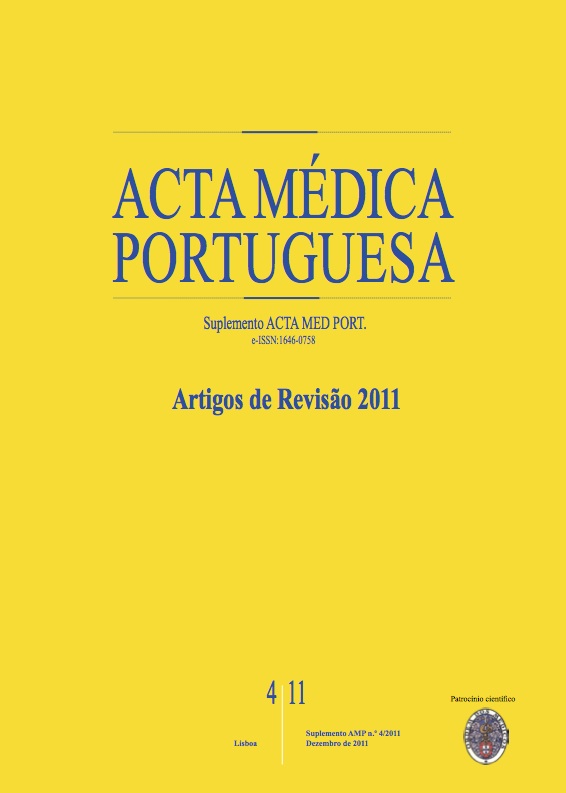Depressão em cuidados paliativos: prevalência e avaliação.
DOI:
https://doi.org/10.20344/amp.1590Resumo
Depression is the most common mental health problem in palliative care, yet it's widely misunderstood, underdiagnosed, undertreated and considered a complex medical task. Psychological distress is a major cause of suffering among patients and families and it's highly correlated with reduced quality of life and amplification of pain. Terminally-ill individuals who suffer from depression are also at high risk of suicide and desire for a hastened death. Every patient receiving palliative care should receive a complete personal and familial psychiatric history, with risk factors, as well as the typical signs and symptoms in the terminal disease. There are two different approaches to assess depression in palliative care: Categorial vs Dimensional The Hospital Anxiety and Depression Scale (HADS) is the most used assessment method for depression in advanced disease and it's validated to the Portuguese population. HADS overcomes the biggest problem when evaluating depression in the terminally-ill: the influence of somatic symptoms due to the underlying disease on the results of the depression scales. In this article we revise other approaches for the assessment of depression in advanced disease: single question vs two-item question; structured clinical interview and diagnostic criteria. Clinicians who care for terminally-ill patients must develop competences on the psychological area, developing state-of-the-art clinical skills that provide quality of life and comfort to patients and their families.Downloads
Downloads
Como Citar
Edição
Secção
Licença
Todos os artigos publicados na AMP são de acesso aberto e cumprem os requisitos das agências de financiamento ou instituições académicas. Relativamente à utilização por terceiros a AMP rege-se pelos termos da licença Creative Commons ‘Atribuição – Uso Não-Comercial – (CC-BY-NC)’.
É da responsabilidade do autor obter permissão para reproduzir figuras, tabelas, etc., de outras publicações. Após a aceitação de um artigo, os autores serão convidados a preencher uma “Declaração de Responsabilidade Autoral e Partilha de Direitos de Autor “(http://www.actamedicaportuguesa.com/info/AMP-NormasPublicacao.pdf) e a “Declaração de Potenciais Conflitos de Interesse” (http://www.icmje.org/conflicts-of-interest) do ICMJE. Será enviado um e-mail ao autor correspondente, confirmando a receção do manuscrito.
Após a publicação, os autores ficam autorizados a disponibilizar os seus artigos em repositórios das suas instituições de origem, desde que mencionem sempre onde foram publicados e de acordo com a licença Creative Commons









